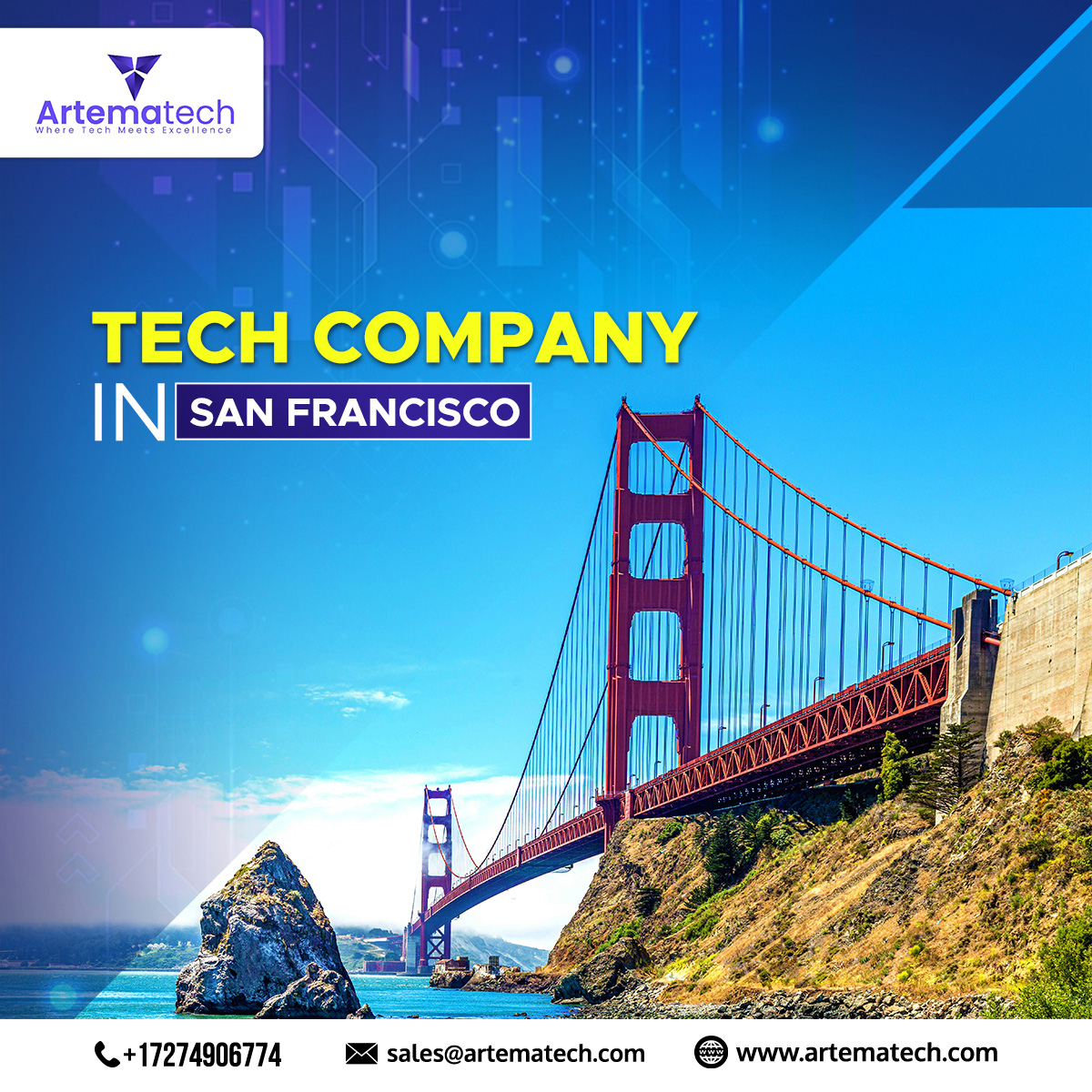San Francisco’s tech scene in 2025 is a tapestry woven from AI breakthroughs, cloud infrastructure, fintech innovation, mobility, and digital lifestyle shifts. As more industries embrace digital transformation, certain firms stand out—not just for growth metrics, but for defining what the future of tech looks like. Here are the seven tech firms shaping San Francisco in 2025, moving us from AI to Cloud and everything beyond.
1. OpenAI — The AI Vanguard
OpenAI isn’t just advancing AI; it’s fundraising, building, and regulating at the frontier. In 2025, its large-scale models power creative tools, conversational agents, and enterprise-grade automation platforms. What Sets It Apart:
- Models that understand and generate across multiple modalities (text, image, audio).
- Increasing adoption of AI in mission-critical domains: healthcare diagnostics, legal document drafting, R&D, etc.
- A strong framework around safety, alignment, and ethics differentiating it in a competitive landscape.
2. Salesforce — Cloud-First Business Reinvented
In the age of hybrid work, microservices, and continuous digital demands, cloud infrastructure is the backbone. Salesforce has doubled down on providing:
- AI-infused cloud services: automating workflows, monitoring customer journeys, predictive analytics.
- Vertical cloud offerings tailored for industries like healthcare, finance, manufacturing.
- Expansive integration capabilities, letting companies stitch together cloud tools, APIs, third-party services into coherent platforms.
Salesforce remains a reference point for mature cloud ecosystems in 2025.
3. Stripe — Finance in the Fabric of the Internet
Stripe continues to slide deeper into the cloud-finance junction. As more of the world shifts commerce online, Stripe provides scalable, secure infrastructure for payments, identity, and embedded banking. Key Moves:
- Expanding cross-border payouts with regulatory compliance baked in.
- Offering modular financial building blocks for companies to become fintechs without becoming full banks.
- Ensuring platform reliability at ultra-low latencies, supporting scaling startups and major enterprises alike.
4. Airbnb — Cloud-Enabled Experiences & Hybrid Living
Travel and lifestyle are increasingly shaped by digital infrastructure—from marketplaces to experience recommendation systems. Airbnb has leaned into this:
- Data-driven personalization: matching guests with stays, local experiences, “work-from-anywhere” hosts.
- Long-stay models and flexible booking systems that accommodate hybrid work and nomadic lifestyles.
- Systems that manage dynamic pricing, cleaning logistics, and host-guest communication seamlessly across geographies.
5. Uber — Mobility, Logistics, and Smart Urban Ecosystems
Uber is unlocking mobility and logistics through cloud scale and AI:
- Smart routing, predictive arrival times, dynamic demand forecasting.
- Micro-mobility (e.g. bikes, scooters) integration with ride-hail and potential autonomous vehicles.
- Logistics layer for last-mile delivery, goods transportation, not just people—optimizing cost, sustainability, and timeliness.
6. DoorDash — The Cloud behind On-Demand Everything
On-demand services are powered by invisible cloud logistics. DoorDash is both visible (the delivery) and invisible (the backend):
- Fleet management, route optimization, and predictive supply/demand balancing in real time.
- Expansion beyond meals: groceries, pharmacies, retail which require different time windows, shelf life, storage.
- Merchant tools that allow local businesses to tap into DoorDash’s logistics backbone without reinventing delivery infrastructure.
7. Coinbase — Crypto, Cloud Security & Financial Infrastructure
As cloud platforms become more central to finance, Coinbase sits at the intersection of crypto, security, and compliance:
- Custody and regulatory infrastructure for institutions stepping into digital assets.
- Secure, highly available trading systems backed by cloud-native design, rigorous monitoring, and disaster recovery.
- Tools for tokenization, staking, decentralized finance (DeFi) integrations, often built as services engineers can plug into.
Core Trends Connecting These Firms
Taken together, these seven reveal a few major shifts defining San Francisco’s tech identity in 2025:
- AI + Cloud = “Intelligent Toolchains” — AI is no longer isolated; it’s embedded into cloud services, platforms, and large systems.
- Platformization & Modularity — Whether financial, logistics, infrastructure, or experience platforms, modular human-and-machine extensibility is the norm.
- Hybrid Lifestyles & Remote-First Models — Travel, work, living are all being rethought, creating requirements for flexible, reliable cloud services.
- Sustainability & Responsibility — As scale increases, so does scrutiny: energy use, fairness, ethics, regulatory compliance are rising to the forefront.
- Edge / Distributed Operations — Global user bases demand low latency, reliability—cloud isn’t just centralized; it’s distributed, edge-enabled, resilient.
Challenges Along the Way
Even for these leaders, 2025 poses real challenges:
- Data privacy and regulation: GDPR-style laws, AI regulation, crypto oversight.
- Infrastructure costs: carbon footprint, energy usage, operational overhead of high uptime.
- Competition: both from within (startups, AI-natives) and outside SF (global hubs, remote talent).
- Trust: security breaches, ethical missteps, or platform failures can erode user and partner confidence quickly.
What to Watch Next
If you want to keep an eye on what’s coming, these are some developments likely to come from these seven:
- OpenAI or others releasing “responsible AI” tools with built-in guardrails, perhaps open source hybrid models.
- Cloud providers or platforms expanding “AI as a Service” making it easier for smaller firms to integrate AI capabilities.
- Stripe and Coinbase pushing deeper into embedded finance & decentralized finance, enabling finance functions to be “assuming no bank account needed.”
- Uber / DoorDash enhancing autonomous delivery / drone experiments or greener vehicle adoption.
- Airbnb further evolving toward co-living, flexible housing, digital nomad communities; regulating with local governments.
Conclusion
From AI to Cloud, San Francisco’s top tech firms in 2025 are defining more than just business categories — they’re reshaping how we live, work, move, and exchange value. OpenAI, Salesforce, Stripe, Airbnb, Uber, DoorDash, and Coinbase each bring unique strengths, but what connects them is a blend of technical depth, cloud infrastructure, and human-centric innovation.
More info: Artema Tech

